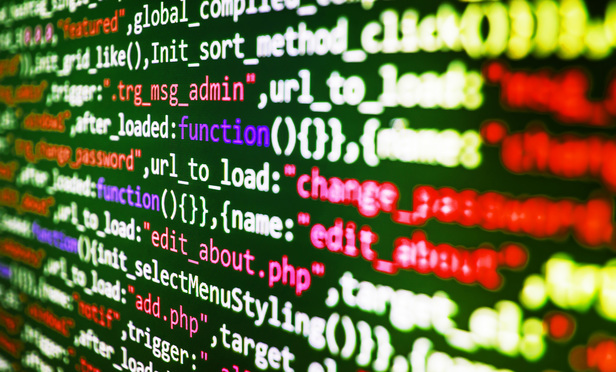While machine learning cannot currently match human professionals’ ability for higher-level interpretation, it is still capable of automating a wide variety of decisions. From classifying invoices and unstructured data to predicting future case outcomes, these decisions are becoming more vital in the legal space.
However, these automated decisions are also raising ethical questions of how much the legal industry should rely on them. Much of the apprehension rests on the issue of transparency, essentially the extent to which one can unravel the way machine learning programs reach certain conclusions. But despite some standard approaches, understanding when and how to explain these decisions is not always clear.



